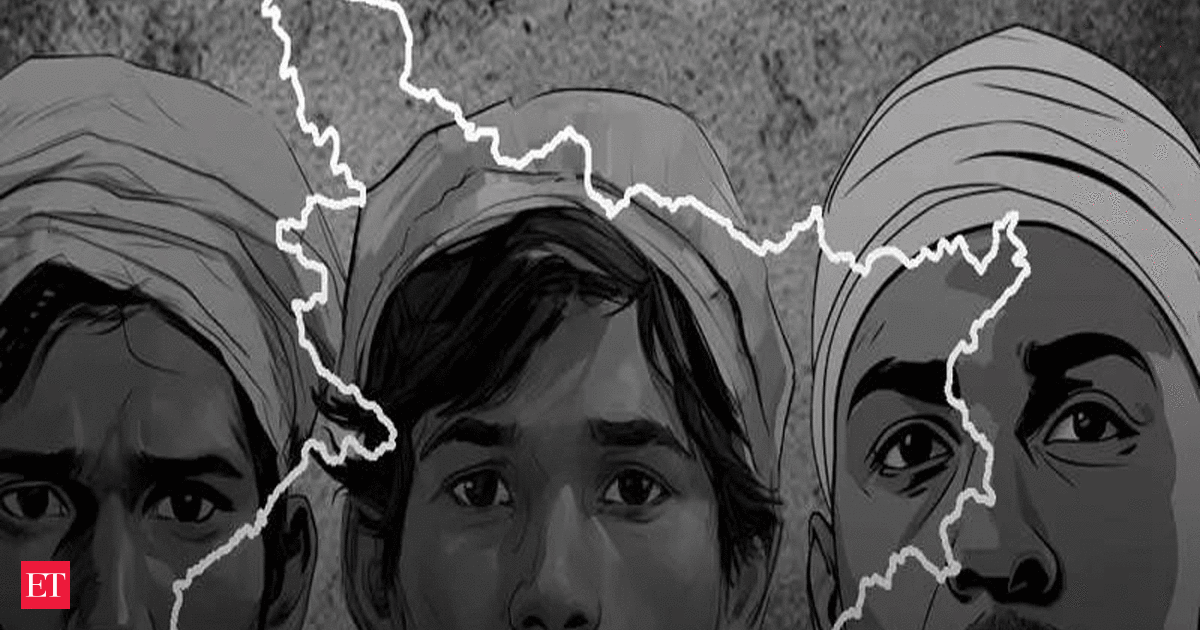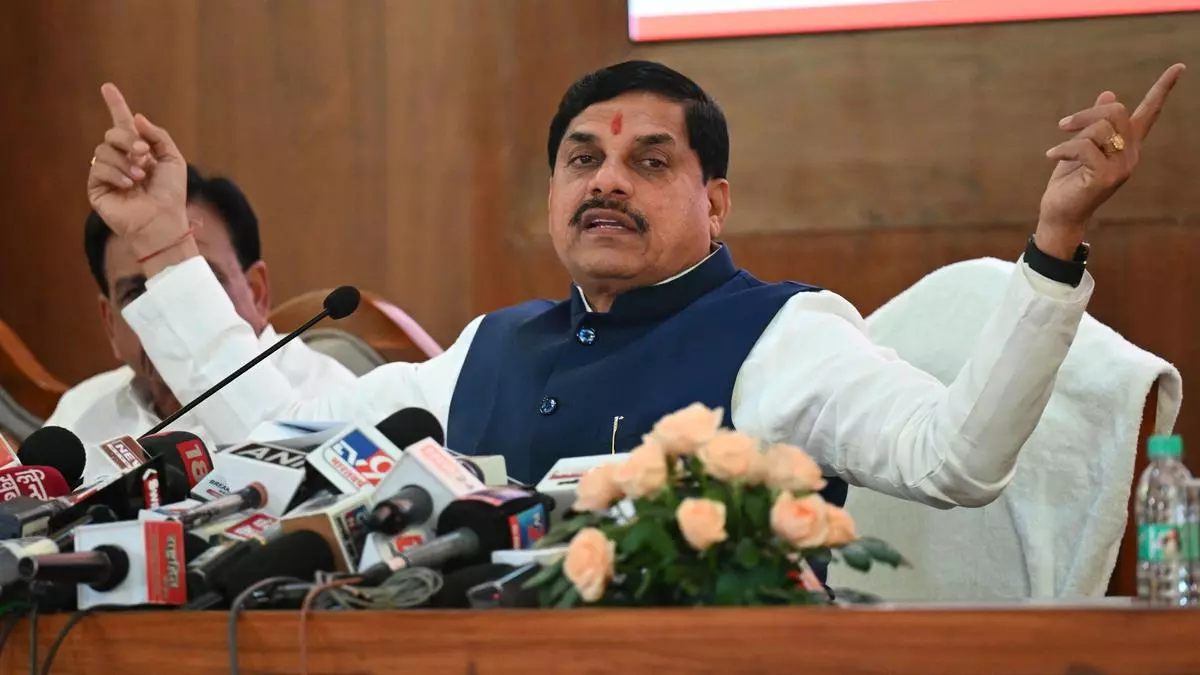In a significant move aimed at better understanding the social dynamics in the state, the Congress government in Rajasthan has issued an order for a caste survey. The survey intends to gather data on the caste composition of the population to aid in effective policy-making and social welfare programs.
The decision to conduct the survey was taken after consultations with various community leaders and representatives. The survey is expected to provide accurate and updated information about the caste-based demographics of the state. This data will be crucial in formulating policies that address the needs and grievances of different castes, ensuring equitable development and social justice.
The caste system has been an integral part of India’s social fabric for centuries. Despite efforts to eradicate caste-based discrimination and promote social equality, caste divisions and inequalities persist in many aspects of Indian society. Recognizing the importance and complexity of this issue, the Rajasthan government has taken the lead in conducting this survey.
The survey will be conducted under the guidance of experts and scholars in the field. It will involve collecting data on the various caste groups in the state, including information on their social, economic, and educational status. The data will help identify the vulnerable and marginalized communities that need targeted interventions and support.
Additionally, the results of the survey will enable the government to assess the effectiveness of existing policies and programs related to caste-based reservations and affirmative action. It will provide insights into the impact of these measures on the social and economic mobility of different caste groups.
The decision to conduct a caste survey has received both support and criticism from various quarters. Advocates argue that it is a necessary step towards addressing long-standing caste-based disparities and ensuring social justice. Critics, on the other hand, express concerns about the potential misuse of caste data, privacy issues, and the politicization of the survey’s findings.
As the survey progresses, it is essential to ensure that all data collection and analysis processes adhere to ethical guidelines and protect the privacy and confidentiality of individuals. The insights gained from the survey should be used to inform evidence-based policies that advance inclusivity and social harmony.
Overall, the Congress government’s decision to implement a caste survey in Rajasthan reflects its commitment to addressing social inequalities and promoting inclusive governance. By understanding the caste dynamics in the state, the government can formulate targeted policies and interventions to uplift marginalized communities and foster an egalitarian society.










